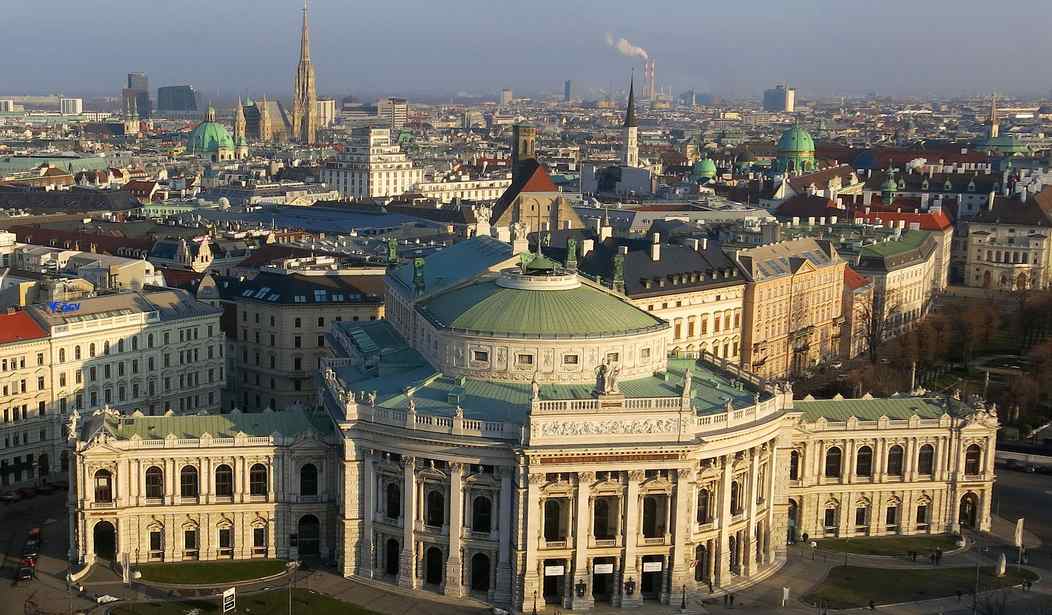Austrian Chancellor Karl Nehammer announced that he will resign in the next few days, after coalition talks with the left-wing Social Democrats (SPÖ) collapsed on Saturday.
Nehammer's center-right Austrian People's Party (ÖVP) attempted to form a new government with the SPÖ on January 4, but could not agree on key issues.
"We have negotiated long and honestly. No agreement is possible with the SPÖ on key points. The People's Party stands by its promises: We will not agree to measures that are hostile to performance and the economy or to new taxes. We are therefore ending negotiations with the SPÖ and will not continue them," Nehammer wrote on X.
The day before, the liberal Neos abandoned discussions for a three-party coalition, which threw negotiations into disarray.
The mainstream ÖVP and SPÖ currently hold a weak joint majority of one seat in parliament, as negotiations to recruit smaller parties like the Neos to bolster their slim control of the Austrian parliament have failed.
"We Neos will not continue negotiations on a possible three-party coalition," Neo leader Beate Meinl-Reisinger announced at a press conference, where she accused the other parties of refusing to agree to their proposed economic reforms.
Meinl-Reisinger said that progress towards a coalition was impossible and that "fundamental reforms" like raising the retirement age had not been agreed upon.
The three parties had been trying to form a ruling coalition, after the right-wing Freedom Party (FPÖ) won national elections in September.
Austria's political establishment has refused to work with Herbert Kickl, the leader of the FPÖ, despite his party winning the most votes at 29.2 percent. The leadership of the ÖVP and SPÖ have blocked any chance of a coalition led by their rival.
The FPÖ once governed in coalition under ÖVP leadership from 2017 until 2019, when the FPO's then-leader was forced to resign in a political scandal, causing their government to collapse.
"The FPO has been warning for months about this political monstrosity of the loser-traffic-light coalition," Kickl said on X, in reference to Germany's so-called "traffic-light coalition" that recently collapsed.
Meanwhile, the Greens, who are part of the current coalition, have a poor relationship with Nehammer and are unlikely to help.
“We have tried everything up to this point. An agreement on key points is not possible, so it makes no sense for a positive future for Austria,” Nehammer told Austrian broadcaster ORF.
SPÖ leader Andreas Babler blamed Nehammer for the failed talks, accusing his coalition partner of attempting to skimp on pensions and salaries for teachers and police officers.
Nehammer, in turn, blamed the SPO pushing their tax hike agenda on wealth and inheritance for ending the negotiations, which his party opposes.
There is now a chance that either Kickl will be tasked by Austrian President Alexander Van der Bellen, a former leader of the Greens, to form a government, or a snap election will be called.
Van der Bellen has been reluctant to see Kickl become chancellor, leading the FPÖ leader to attack him publicly.
"Alexander Van der Bellen bears a significant share of the responsibility for the chaos that has arisen and the time that has been lost ... After today's events, he is under pressure to act," Kickl said.
The FPÖ's leadership believes that their chances of now forming a government are positive, with opinion polls showing support growing since the September election.
According to a survey by the newspaper Der Standard, the FPÖ has increased their support to 35 percent of the vote among prospective voters in December.
"We know what threatens to happen now. An FPO-OVP government with a right-wing extremist chancellor that will endanger our democracy on many points," Babler lamented.










Join the conversation as a VIP Member